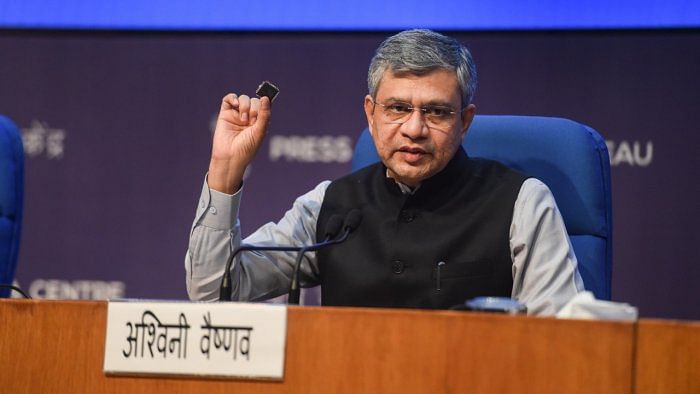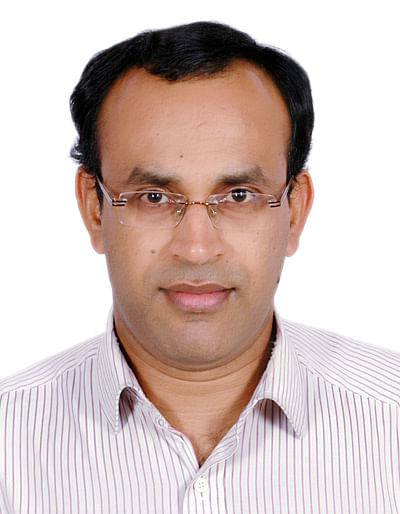
Union telecom minister Ashwini Vaishnaw, on Friday, said the draft telecommunication Bill 2022 doesn’t force decryption of messages on OTT-based services, despite there being a provision for their lawful interception in the proposed legislation.
“There is no provision to force decryption of OTT-based messaging services,” Vaishnaw clarified. “There is a very clear process on interception with checks and balances based on Supreme Court’s guidelines. That system will continue to be followed.”
“As far as possible, we have to make a light touch regulatory environment which does not hamper innovation or introduce a big regulatory burden on anyone, but we will keep protection of users in the focus in the Bill,” the minister said.
He said the Bill was the first step in the direction of introducing a comprehensive legal framework, in which the second step will be the Digital Personal Data Protection Bill, followed by the Digital India Bill.
Emphasising the protection of users as the fundamental element of the Bill, the minister said that KYC norms for calls on OTT apps were required to ensure prevention of cyber fraud and provide identification of the caller. Wherever KYC information was not available, for instance internet-based calls, the government will hold technical and legal consultations with the industry to find a resolution, Vaishnaw said.
He said the Bill was expected to be in place in six to 10 months, but the government was not in a hurry. The Department of Telecommunications has set the deadline of October 20 on the draft Bill.
The Union government, late on Wednesday, uploaded the new draft Bill, a law that is meant to replace Telegraph act of 1885, which has hitherto been the main law regulating telecommunications in the country.
The draft Bill also enlarged the definition of telecommunication services. The proposed legislation covers not just conventional phone calls and text messages, but also over-the-top (OTT) applications such as WhatsApp, satellite-based communication services, internet and broadband services, in-flight and maritime connectivity services etc, under its ambit.
The proposed law also says that the messages transmitted or received by any “telecommunication services” or “telecommunication network” can be intercepted.
The draft Bill also proposes powers to the government to order internet shutdowns or intercept communications including messages.
The Bill proposes OTT players like WhatsApp, Zoom and Google Duo which provide calling and messaging services will require licences to operate in the country.
